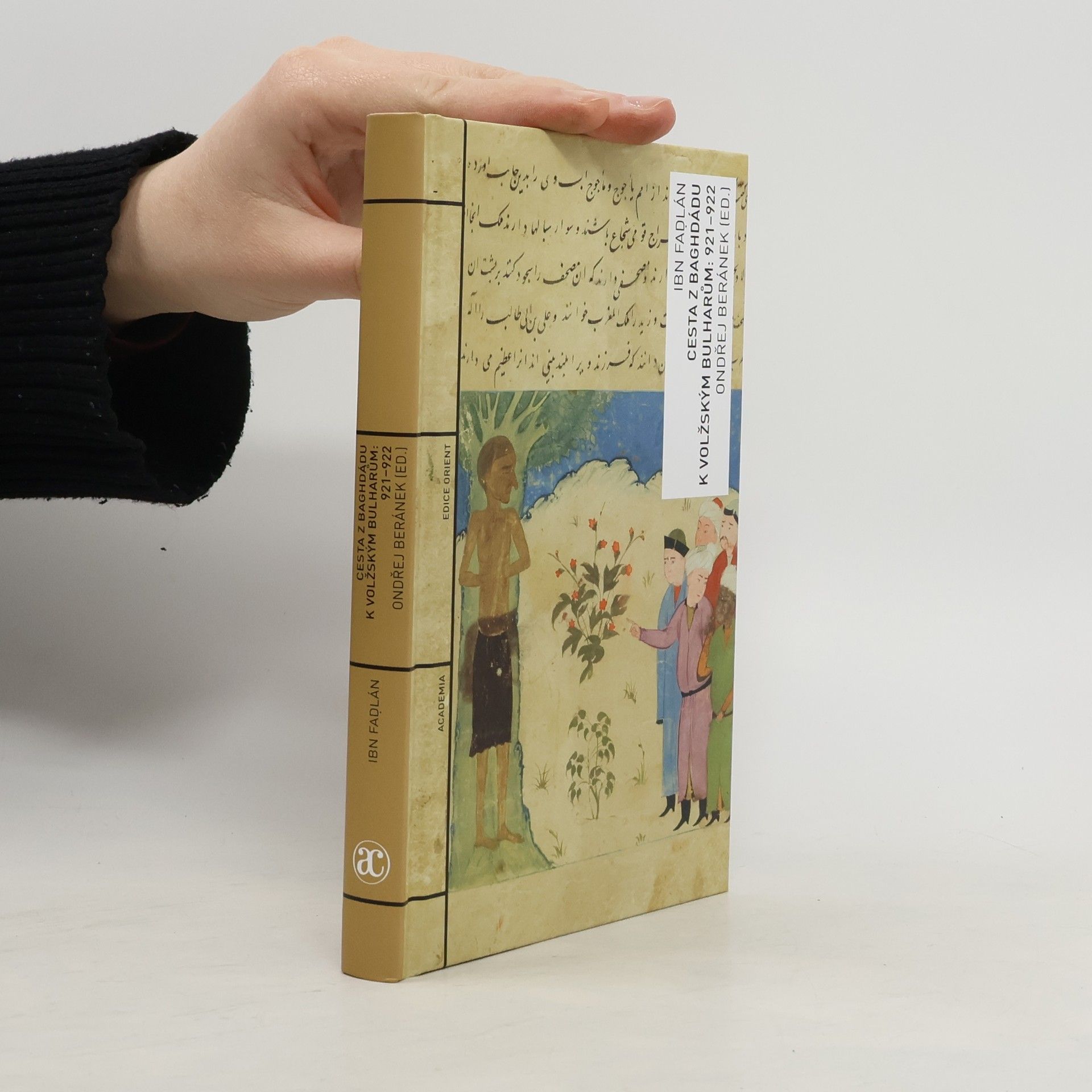This is the first English translation of the famous Risala, letters by the tenth-century traveler Ibn Fadlan, one of the great medieval travelers in world history, akin to Ibn Battuta. Ibn Fadlan was an Arab missionary sent by the Caliph in Baghdad to the king of the Bulghars. He journeyed from Baghdad to Bukhara in Central Asia and then continued across the desert to the town of Bulghar, near present Kazan. He describes the tribes he met on his way and gives an account of their customs. His is the earliest account of a meeting with the Vikings, called Rus, who had reached the Volga River from Sweden. His detailed description of the Rus, or Rusiya as he calls them, has produced much discussion about their origins, sexual moral standards, customs, treatment of slaves and women, burial traditions, and trading habits. The story of his travels has fascinated scholars and even prompted Michael Crichton to write the popular novel Eaters of the Dead, which was made into a film entitled The 13th Warrior.
Ahmad ibn Fadlan Bücher
Ahmad ibn Fadlan war ein arabischer Reisender des 10. Jahrhunderts, dessen Berichte über Reisen in ferne Länder wertvolle Einblicke in das Leben und die Bräuche verschiedener Völker bieten. Sein berühmtestes Werk beschreibt detailliert seine Reise als Mitglied der Gesandtschaft des abbasidischen Kalifen zu den Wolgabulgaren. In diesem Bericht hielt er bemerkenswerte Augenzeugenaussagen fest, darunter die Schiffsbegräbnisse der Wikinger und Beschreibungen der turkischen Völker, denen er auf seiner Reise begegnete. Ibn Fadlans Schriften bieten einen faszinierenden Einblick in das kulturelle und ethnische Gefüge des 10. Jahrhunderts.




Ibn Fadlan and the Land of Darkness
- 256 Seiten
- 9 Lesestunden
Between the ninth and fourteenth centuries, Arab travellers such as Ibn Fadlan journeyed widely and frequently into the far north, crossing territories that now include Russia, Uzbekistan and Kazakhstan. This title offers an illuminating insight into the world of the Arab geographers, and the medieval lands of the far north.
Mission to the Volga
- 138 Seiten
- 5 Lesestunden
The earliest surviving instance of sustained first-person travel narrative in Arabic Mission to the Volga is a pioneering text of peerless historical and literary value. In its pages, we move north on a diplomatic mission from Baghdad to the upper reaches of the Volga River in what is now central Russia. In this colorful documentary from the tenth century, the enigmatic Ibn Fadlan relates his experiences as part of an embassy sent by Caliph al-Muqtadir to deliver political and religious instruction to the recently-converted King of the Bulghars. During eleven months of grueling travel, Ibn Fadlan records the marvels he witnesses on his journey, including an aurora borealis and the white nights of the North. Crucially, he offers a description of the Viking Rus, including their customs, clothing, body painting, and a striking account of a ship funeral. Together, these anecdotes illuminate a vibrant world of diversity during the heyday of the Abbasid Empire, narrated with as much curiosity and zeal as they were perceived by its observant beholder. An English-only edition.
Cesta z Baghdádu k volžským Bulharům: 921-922
- 190 Seiten
- 7 Lesestunden
V roce 921 se na pokyn abbásovského chalífy vydalo z Baghdádu do království ležícího při soutoku řek Volha a Kama poselstvo s Ibn Fadlánem. Volžské Bulharsko se nacházelo daleko za hranicemi islámského centra a Ibn Fadlán nám ve svém arabsky psaném pojednání zanechal barvité zprávy jedinečné historické a etnografické hodnoty o oblastech Eurasie, které cestou spatřil. Svůj popis věnoval zejména zvykům tamních lidí, v mnoha případech pohanským stepním kmenům, především Oghuzům, Pečeněhům a Baškirům, a hlavně samotným volžským Bulharům. Setkal se rovněž s „Rusy“, severskými obchodníky-válečníky, kteří z oblasti Baltu pronikali na jih podél ruských řek, a byl svědkem jejich pohřební ceremonie spálení zesnulého na lodi. Kniha o jeho cestě, která trvala téměř rok a během níž urazil skoro pět tisíc kilometrů, právem náleží ke klenotům středověké, nejen arabské literatury.